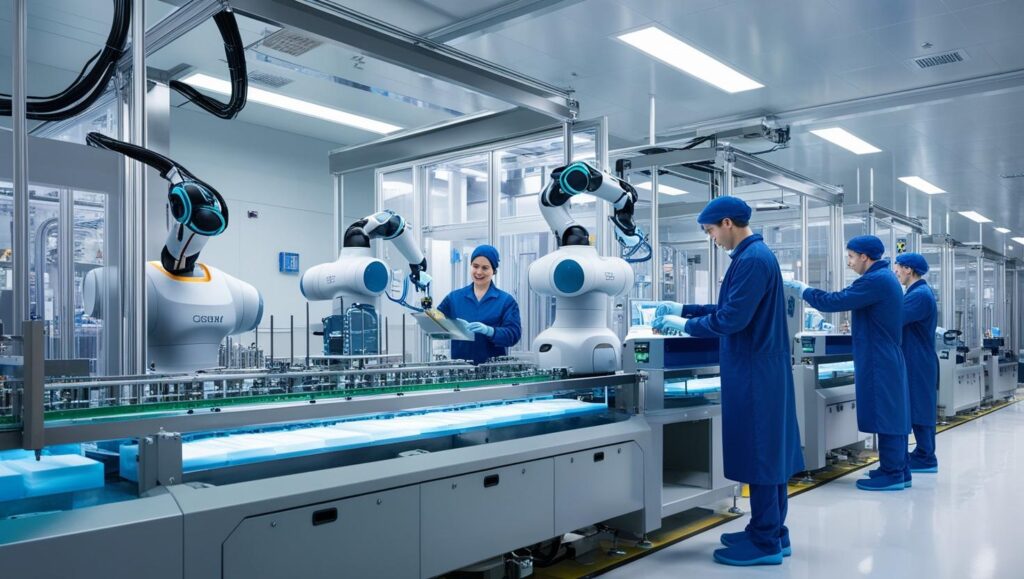The artificial intelligence (AI) market in the U.S. manufacturing sector is on a remarkable growth trajectory, with forecasts indicating it will reach a valuation of $6.08 billion by 2028. This surge is being driven by the rapid adoption of AI-powered technologies that are transforming traditional manufacturing processes into intelligent, connected, and highly efficient systems. As manufacturers across the country face increasing pressure to optimize production, reduce costs, and remain globally competitive, AI is emerging as a crucial enabler of next-generation manufacturing.

Download PDF Brochure @ https://www.marketsandmarkets.com/pdfdownloadNew.asp?id=72679105
The rise of smart factories across the U.S. is one of the primary factors fueling the expansion of AI in manufacturing. Manufacturers are leveraging AI to automate repetitive tasks, enhance predictive maintenance, and improve decision-making through real-time data analytics. From machine learning algorithms that forecast equipment failures to computer vision systems that identify product defects, AI is helping businesses achieve new levels of operational excellence. The shift toward Industry 4.0 and the Industrial Internet of Things (IIoT) is further accelerating the integration of AI in manufacturing environments.
One of the key applications driving growth in this market is predictive maintenance. By analyzing sensor data and historical equipment performance, AI solutions can predict when a machine is likely to fail, allowing maintenance teams to intervene before costly breakdowns occur. This not only minimizes downtime but also extends the life of critical assets. Similarly, AI-powered quality control systems are enabling manufacturers to detect defects with higher accuracy and consistency than traditional manual inspections, leading to significant improvements in product quality and customer satisfaction.
Another major contributor to market growth is the increased use of intelligent robots in assembly lines and production facilities. These robots, equipped with AI algorithms, are capable of learning from their environment and adapting to new tasks with minimal human intervention. In an era where labor shortages and safety concerns are pressing issues for manufacturers, the deployment of AI-driven robotics is becoming an essential solution. These technologies are not only improving productivity but also creating safer working environments by taking over hazardous tasks.
The automotive, electronics, and aerospace industries are among the leading adopters of AI in manufacturing. These sectors are investing heavily in automation and AI to streamline operations, enhance product innovation, and meet stringent quality standards. With increasing emphasis on digital transformation, manufacturers in the U.S. are also utilizing AI to gain deeper insights into supply chain management, energy consumption, and customer demand forecasting.
The U.S. remains at the forefront of AI innovation, backed by a strong ecosystem of tech companies, research institutions, and government support. Initiatives such as the National AI Initiative Act are promoting the development and adoption of AI technologies across industries, including manufacturing. Furthermore, collaborations between industrial players and technology providers are accelerating the commercialization of AI solutions tailored to specific manufacturing needs.
As the market continues to evolve, the integration of AI in U.S. manufacturing is expected to become more widespread, sophisticated, and impactful. With a projected market value of $6.08 billion by 2028, AI is poised to redefine the future of manufacturing in the United States, ushering in a new era of efficiency, innovation, and competitiveness.
